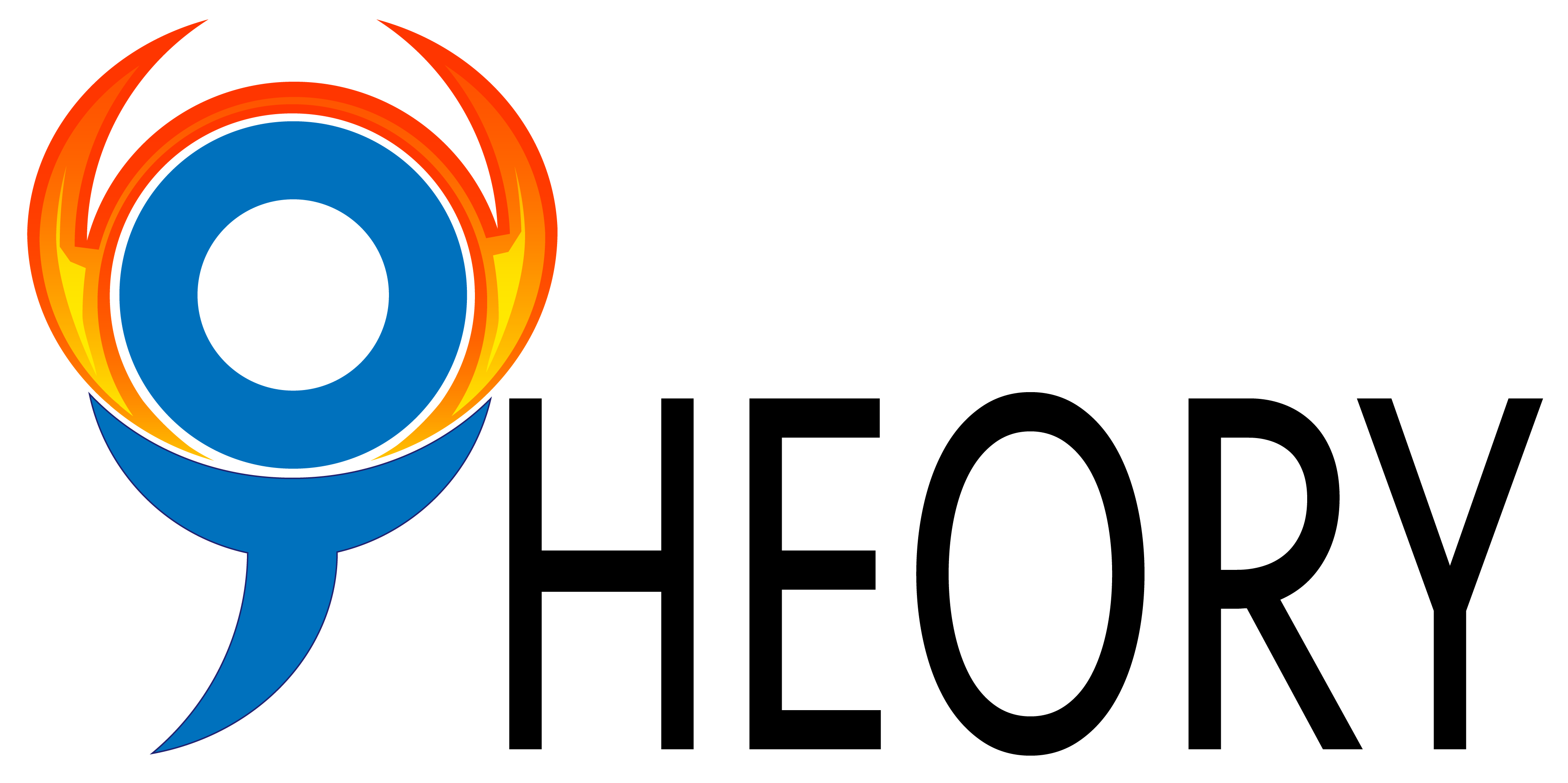This framework aims to assist occupational therapists in describing aspects of work functioning in work assessments on different situations. There are three separate dimensions of work functioning. Dimension 1 is work participation and society. Work participation is an individual’s ability and opportunity he/she has, to acquire and maintain a work position in the society, and to fulfill a worker role. The complex interaction between personal, environmental, and temporal factors affects a person’s work participation. It is affected by the public support from the community, the person’s environmental demands, and his/her ability to utilize the opportunities. Dimension 2 is work performance and the individual. Work performance is the ability to satisfactorily perform the required work activities and tasks of a work position. Occupational therapists can perform work assessment on the work activities, either stimulated and/or in workplace. The third dimension is individual capacity and physical/psychological functioning. Individual capacity includes physical and psychological factors (e.g., muscle strength, memory) that the clients have in performing the required work activities. This dimension also focuses on underlying factors that indirectly influences the clients’ ability in work functioning. These factors include both constrain and support, including personal factors (physical and psychological aspect), environmental factors (physical, psychological and social circumstances where the work activity is carried out, and the socio-cultural consensus on how work activity should be carried out). For the assessment, there are objective (someone else assess the client) and subjective (client assess his/her own work functioning) perspectives. The two perspectives of the assessments may not be the same and it is important for occupational therapists to seek for the clients’ opinion to better understand the unique circumstance of each client. This framework can be used as a screening tool and instrument selection to assess clients’ underlying problem area, which indirectly leads to well-founded interventions.
Summarized by
- Macey Cho
Type
- Framework
Population
- Child
- Adolescent
- Adult
- Elderly
Disability
- All
Domain of occupation
- Work
Application Note
It can be used as a screening tool and a guide to choose suitable instruments for assessing problem area in work functioning.
Key Reference
Sandqvist, J. L., & Henriksson, C. M. (2004). Work functioning: A conceptual framework. Work, 23, 147-157.
Year Published
- 2004
Primary Developer
- Jan Sandqvist
Primary Developer Email
- Jan.Sandqvist@inr.liu.se
